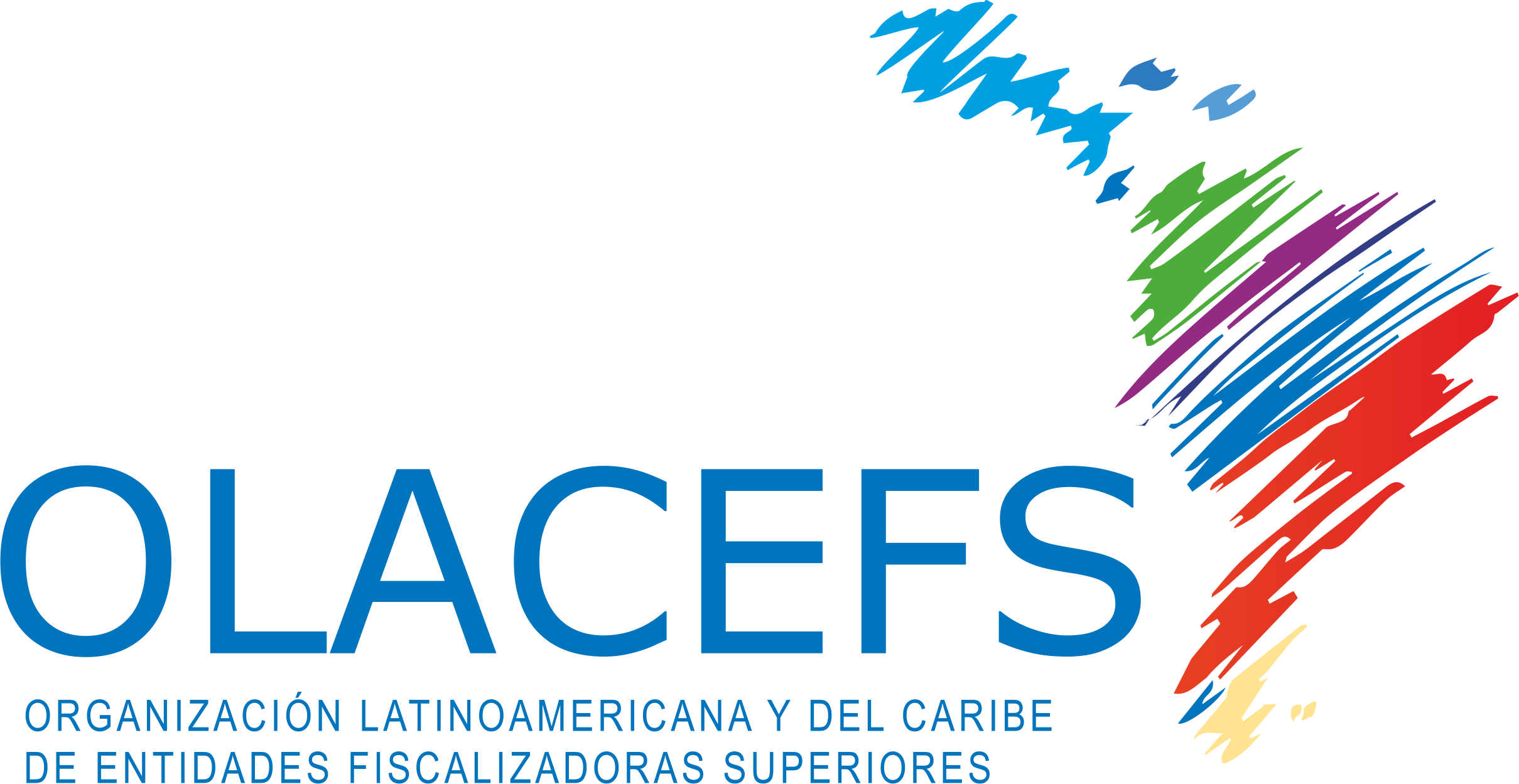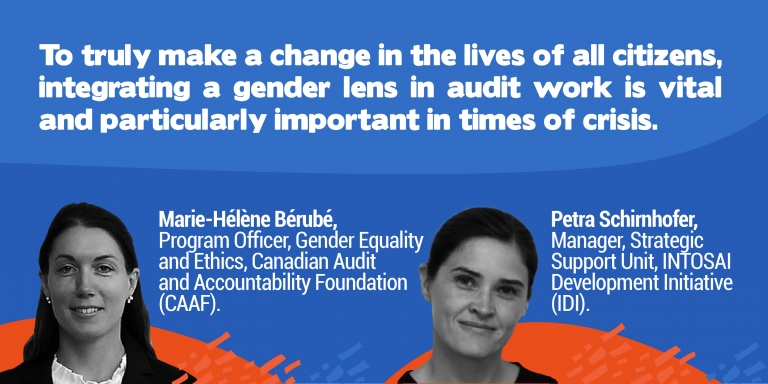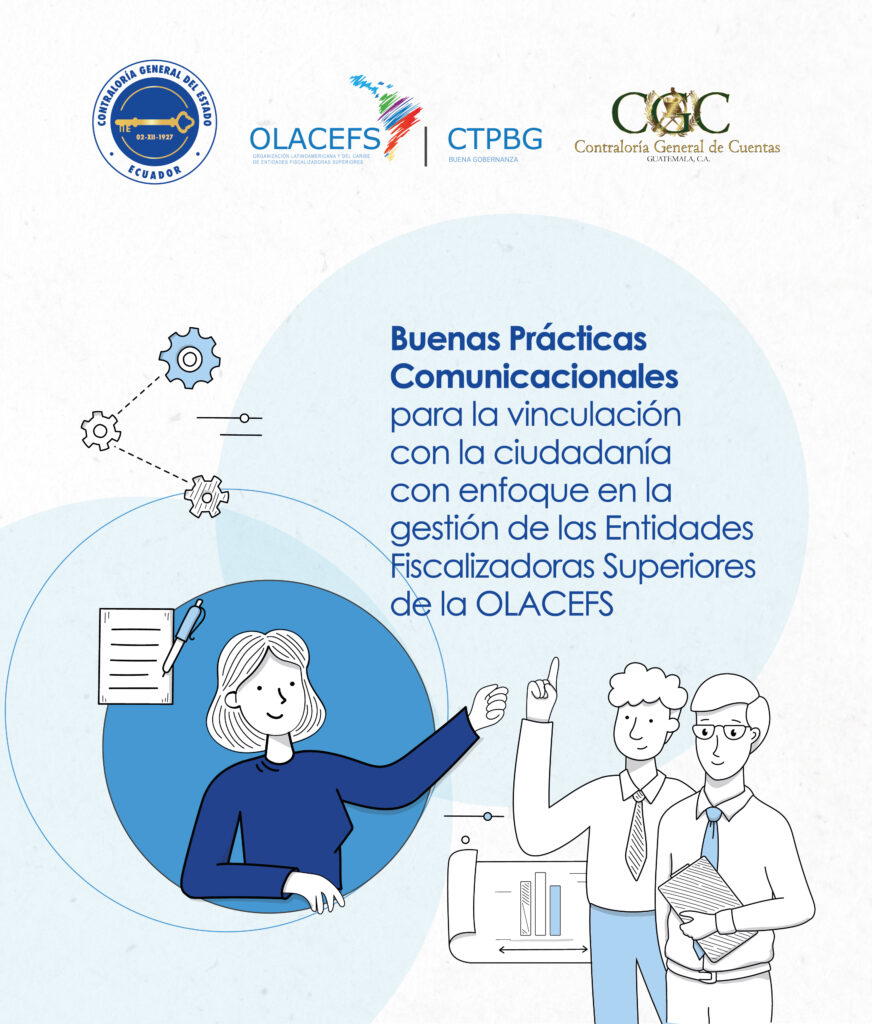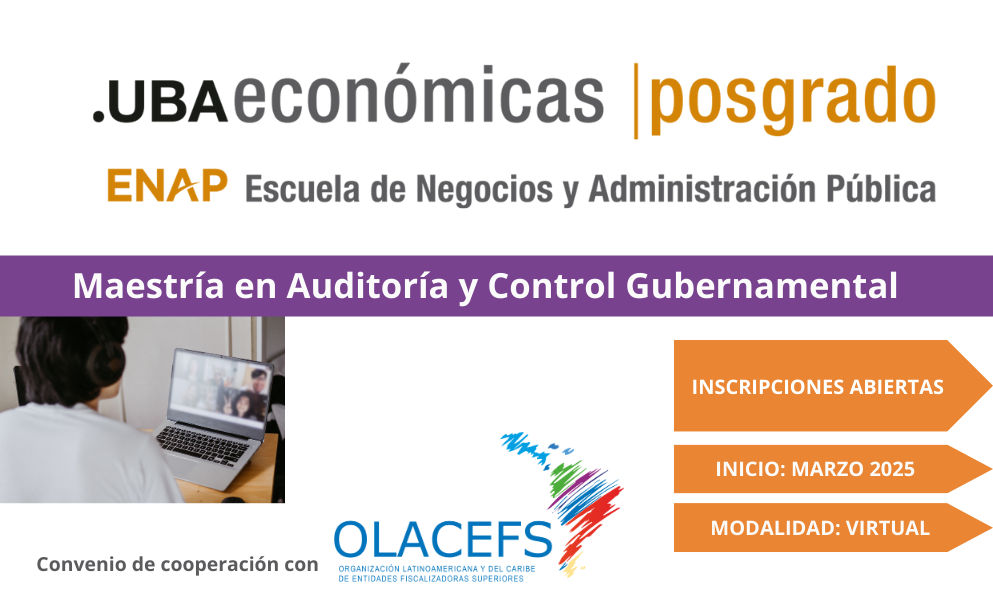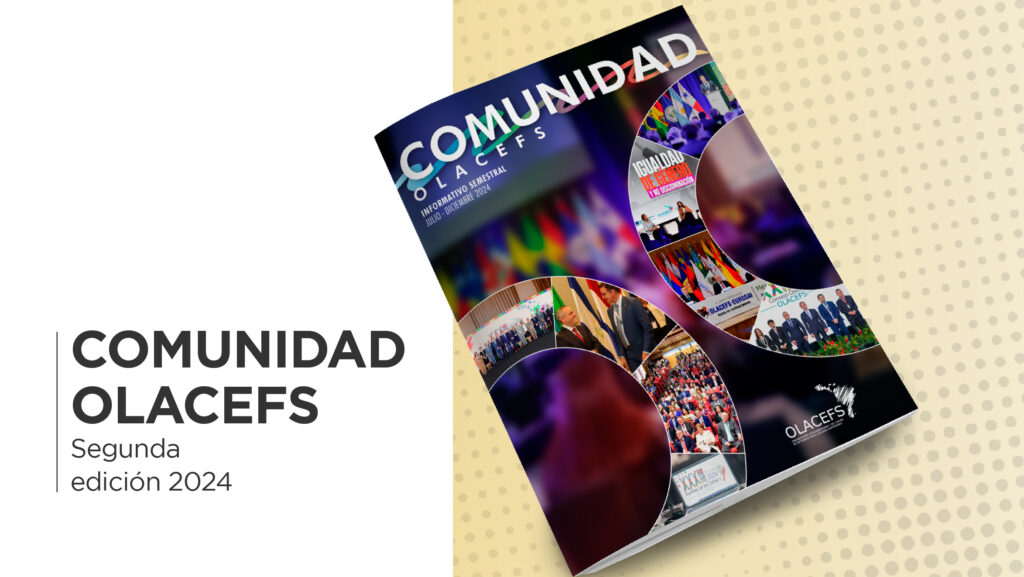by Marie-Hélène Bérubé,
Program Officer, Gender Equality and Ethics, Canadian Audit and Accountability Foundation, and
Petra Schirnhofer,
Manager, Strategic Support Unit, INTOSAI Development Initiative
Impacts of the COVID-19 Pandemic affect everyone around the world. Due to long-standing inequalities, many impacts, including those on health, the economy and the social sphere, are afflicting women, girls and marginalized populations hardest. Early evidence shows the crisis is deepening existing inequalities and undermining hard-earned progress on gender equality and women’s rights.
Supreme Audit Institutions (SAIs) can help reverse this trend. As SAIs hold governments accountable for national pandemic responses, applying a gender lens to audits can help determine how women, girls and marginalized populations are affected and can lead to informed recommendations to help improve government programs.
This article examines how SAIs can play a positive role during this crisis and make a difference to the lives of all citizens.
Why Gender Matters in Times of Crisis
During a pandemic, several health, economic and social impacts on citizens are observed, particularly on women, girls and marginalized populations, such as people with disabilities, racial minorities and the Lesbian, Gay, Bisexual, Trans and Intersex community.
Since the COVID-19 Pandemic began, governments have observed escalated gender-based violence and child abuse during lockdown; intensified levels of anxiety and stress experienced by frontline workers (who are predominantly women); and increased unemployment levels (women are particularly at risk, as they hold the majority of informal and lower-paying positions that lack job security).
In many countries, impacts of the pandemic add to the context of poverty and insecurity and will further harm women and girls already experiencing different forms of inequalities and discrimination.
To counterbalance the risk of increased gender inequalities, social protection and support is vital. Research indicates that in times of crisis the likelihood of girls dropping out of school to perform unpaid work to support families increases, as do pregnancies and cases of sexual abuse. Studies also show school and daycare closures will disproportionately impact women, as the burden of unpaid work and family care largely falls on women and girls in many societies.
Governments can effectively respond by conducting gender-based analyses, using gender budgeting tools and ensuring the voices of women, girls and marginalized groups are included in decision-making processes. Such actions, which help prevent reinforcing existing gender norms and stereotypes and worsening inequalities, can turn pandemic responses into opportunities that challenge and transform gender inequities.
How SAIs Can Make a Difference
As governments rush to implement large-scale responses to the crisis, SAIs, more than ever, are strongholds of accountability (see “Accountability in a Time of Crisis” published by the INTOSAI Development Initiative). Over the last few months, SAIs around the world have worked toward remaining resilient and flexible, and many have refined or refocused audit priorities and approaches under difficult circumstances (noting particular importance to employing a risk-based auditing approach). By integrating a gender dimension to audit work, SAIs can assist governments in ensuring national responses reflect the needs and voices of women, girls and marginalized groups.
Numerous SAIs have recently applied a gender lens in audits, especially in auditing preparedness for Sustainable Development Goal (SDG) implementation. Gender equality and inclusiveness is enshrined in the 2030 Agenda for Sustainable Development, which considers all segments of society irrespective of race, gender, ethnicity and identity.
As SAIs embark on auditing national COVID-19 Pandemic responses, it is equally important to mainstream gender equality and inclusiveness throughout the audit process. This enhances audit impact, helps determine whether citizens are being assisted equally, and assists SAIs in providing informed recommendations for improvement. Key considerations for SAIs include:
Planning and Analysis—Examining whether governments have conducted gender analyses in designing pandemic responses and whether they have investigated varying impacts engagements may have on women, girls and marginalized groups.
Decision-making—Understanding how government decisions are made, who participates in decision-making processes, and what mechanisms are in place to ensure women, girls and marginalized groups are well represented.
Legal and Regulatory Compliance—Assessing the extent to which new government measures and programs adhere to human and women’s rights and comply with existing gender equality laws and regulations, which include many areas, such as domestic and gender-based violence, sexual harassment, labor standards and health care.
Monitoring and Evaluation—Determining if (and how well) governments are collecting disaggregated data on citizen accessibility to support programs and whether data is used to monitor different outcomes for different groups.
These key considerations allow SAIs to formulate questions when auditing national COVID-19 Pandemic responses, such as:
Social Protection and Economic Stimulus Packages
- Are cash transfers, other social protection measures and economic stimulus packages efficiently and effectively reaching target groups?
- Do governments provide financial support to marginalized groups working in sectors having no provisions for health insurance and social protection?
- How do governments support parents—mainly women and single parents—whose work is largely unpaid?
Health Systems and Programs
- As World Health Organization reports indicate men are more likely to die from the COVID-19 virus and women represent about 70% of global health care and social workers, how are governments responding to each gender’s unique needs?
- How are governments supporting other critical services, such as access to maternal and mental health care?
Gender-based Violence
- Recognizing raised levels of domestic and gender-based violence during lockdown, how do governments address prevention as well as implementing and supporting risk management measures?
- Do governments provide services (help lines, shelters, mental health programs) that address all citizen needs?
Conducting audits that incorporate gender provides access to disaggregated data by sex, age, location and other categories. This information assists in addressing data gaps and prompting governments to gather more statistics to better inform future work.
SAI outreach to relevant stakeholders (such as governments, development partners, civil society organizations and groups working on gender, women’s rights and inclusiveness issues) is essential to applying a gender lens in any audit. Active dialogue aids in understanding overall responses, assessing primary risks, and conducting audit work that adds the most value possible.
Conclusion
As the current pandemic holds a tight grip on the world with massive global social and economic impacts, accountability and oversight remain crucial.
SAIs, through timely, relevant audits and reports, can significantly influence national pandemic responses. Yet, to truly make a change in the lives of all citizens, integrating a gender lens in audit work is vital and particularly important in times of crisis, as health, economic and social challenges are intensified.
The COVID-19 Pandemic is a challenging moment for all, calling for us to contribute when and where we can in building more equal and resilient societies for the future.
Contacts
Contact Marie-Hélène Bérubé at [email protected] and Petra Schirnhofer at [email protected] for more information about this article.
Additional Reading
Learn more about COVID-19 and the impacts on gender in the following UN Women (2020) publications:
About the authors
Marie-Hélène joined the Foundation in September 2018. She holds a master’s degree in globalization and international development from the University of Ottawa. During her studies, she had a keen interest in gender issues – specifically violence against women and girls.
As the Gender Equality and Ethics specialist, Marie-Hélène is developing training and tools and working with participants in our international programs to help them better understand gender equality issues and how they can be considered in performance audits. She is also actively involved in building networks and partnerships with key stakeholders.
Prior to joining the Foundation, she worked for more than five years abroad with NGOs in Peru, Morocco and India as a Gender Equality Advisor. She supported national organizations, developing tools, training and strategies to integrate the gender approach at both project and institutional levels.
Petra Schirnhofer is a manager in the Strategic Support Unit of the INTOSAI Development Initiative (IDI). Among the issues she strategically covers is the integration of a gender perspective throughout IDI’s work in its Strategic Plan period (2019-2023).
In more than 15 years of global professional experience, she has covered a broad range of expertise including public financial management, gender equality, governance issues as well as programme and project management.
She has worked in several countries for and with different institutions, including European and UN institutions, foreign affairs and CSOs. She enjoys leading and working with multicultural teams and has been passionate about addressing gender inequality throughout her career.
Petra holds a master’s degree in Political Science from Vienna University and a master’s degree in International Political Economy from the University of Kent.
She speaks several languages, including German, English, French and some Spanish. She is currently based in Brussels as a regional employee for IDI.
